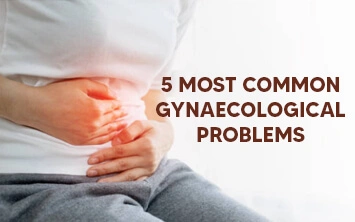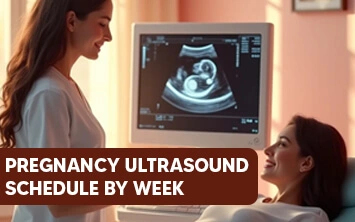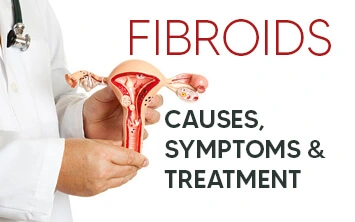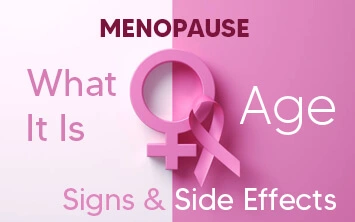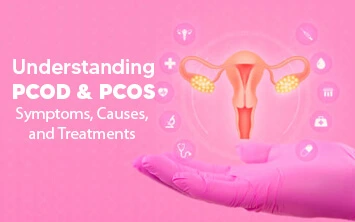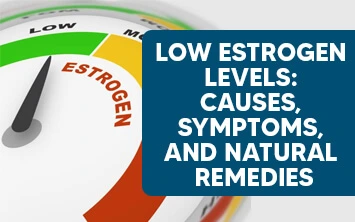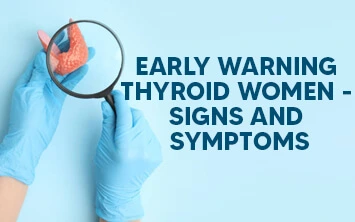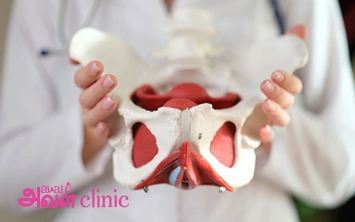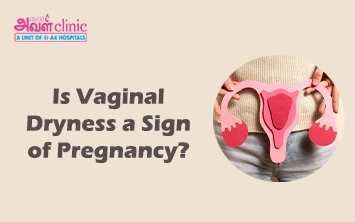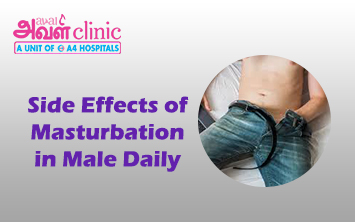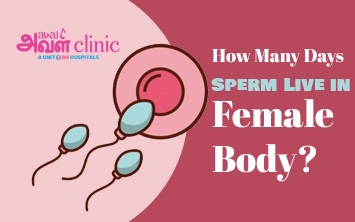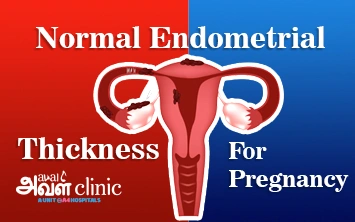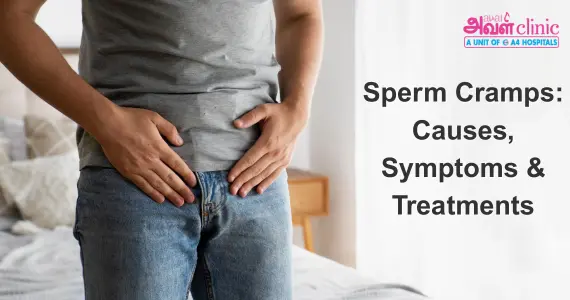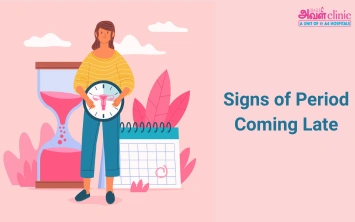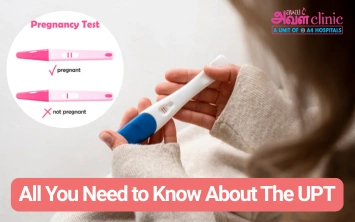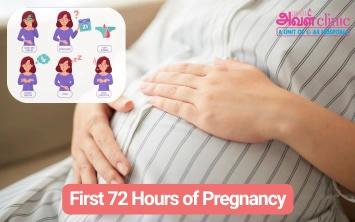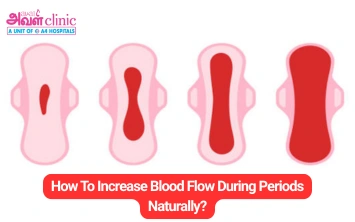Published on: February 11, 2024
What is Menopause?
Menopause is when a woman stops having a menstrual cycle permanently. It can also be said that after this stage, she can no longer become pregnant. This impacts her both emotionally and physically. The scientific reason for menopause is that hormone levels in women such as progesterone and estrogen decrease in the production. This results in the inability to get pregnant.
Menopause is the stage when a woman stops having her menstrual cycle for over a period of one year. This period is usually referred to as perimenopause. Perimenopause is the phase that is typically considered as the transition of menopause, which can usually take up to one to seven years. For some women, it can take up to fourteen years. The transition phase can also be considered as the time that the woman’s body takes to prepare for menopause.
Average Age of Menopause
The average age of menopause for women is between 45 and 55 years old. In some women, the menopause starts before the age of 45, which is known as early menopause.
The menopause that starts before the age of 40 is known as premature menopause. The reasons for premature menopause are neither medical nor surgical. They happen when the woman experiences a primary ovarian insufficiency medical condition.
The menopause starts at the age of 55 and is known as late menopause. Late menopause is often caused by thyroid disorders.
The research found that the late menopause stage reduces the risk of:
- Heart attack
- Heart conditions
- Stroke
- Osteoporosis
Signs and Symptoms of Menopause

Women generally wonder what is menopause and symptoms, until they go through the stage.
Studies have found that not all women experience the side effects or symptoms of menopause. Most women suffer from these symptoms, which do not require any medical attention. Although many healthcare providers offer effective therapies to relieve women from these symptoms if they are intolerable.
The following are some of the common symptoms of menopause:
Irregular Periods
The regular menstrual cycle is when the menses typically lasts between three and seven days around the period of 28 days. If the days extend to more than 35 days, they are called irregular periods. Irregular periods are generally lighter or heavier than usual.
Hot Flashes
Hot flashes are one of the most common symptoms of menopause. This symptom particularly starts before the last menstrual cycle of the woman. This symptom develops a sudden increase in the body’s temperature at night accompanied by dizziness and heart palpitations. Because of hot flashes, a woman at night may drench herself in sweat. Hot flashes are otherwise known as vasomotor symptoms.
Vaginal Atrophy
Vaginal atrophy or vaginal dryness is a symptom that diminishes the thickness of the urethra and vagina. This results in medical conditions such as cystitis, vaginitis, and urinary tract infections. They also cause pain during intercourse.
Relaxation of the Pelvic Muscles
Relaxation of the pelvic muscle is the condition that causes urinary incontinence among women. They also cause the risk of bladder, uterus, rectum, or urethra to swell into the vagina.
Cardiac Effects
Cardiac effects such as dizziness, heart palpitations, and fast heart rhythm are the signs of menopause after 50. Abnormal sensations are also the symptoms of menopause. Abnormal sensations, including pricking, numbness, sensitivity, and tingling.
Hair Growth
Hormonal changes during menopause lead to grow facial hair among women. Some women may experience losing their hair thickness on the scalp.
Mental Health
Mood swings are the most common symptoms of menopause. They may vary from mild to severe. Mood swings include anxiety, panic, depression, lack of interest, confusion, irritability, lack of focus, forgetfulness, and distress are often expressed by women during menopause.
Need expert advice? Consult our doctors now!
Call Now: 80047 80048Symptoms of Perimenopause
Perimenopause symptoms generally vary from woman to woman. Some of the common menopause symptoms age 47 include:
- Breast tenderness
- Hot flashes
- Lack of interest in sex
- Worsening of premenstrual syndrome
- Irregular periods
- Fatigue
- Urinary incontinence
- Vaginal dryness
- Insomnia
- Mood swings
- Weight gain
- Headaches
- Itching
- Dry eyes
- Hair loss
- Joint and muscle pain
Three stages of menopause
Women generally reach menopause when their menstrual cycle stops for over a period of one year. The phase before menopause has been denoted as perimenopause. The stage after menopause is referred to as postmenopause.
Perimenopause
Perimenopause begins at two to fourteen years before menopause. Symptoms may include hot flashes, irregular menstruation, mood swings, lower sex drive, and depression. Perimenopause is otherwise known as the transition stage to menopause.
Women tend to face perimenopause for over a period of several months or years. It completely varies from woman to woman. Generally, perimenopause starts at the age of 40 years.
Menopause
This is the stage when a woman permanently stops having her menstrual cycle after the transition stage, called perimenopause. Some women may go through menopause without facing the perimenopause stage.
At a menopausal stage, women tend to release fewer eggs since their body fails to produce steroid hormones such as progesterone and estrogen. These hormones are essential for the reproductive health of the woman. As they fail to produce, a woman will not have the ability to get pregnant at this stage.
Postmenopause
Postmenopause is the stage after going through the menopause. Women will be in this stage for the rest of their life. They stop menstruating permanently in this phase. Most women experience mild menopausal symptoms in this stage.
During postmenopause, women are involved in encountering an increased risk of heart conditions and osteoporosis as their estrogen levels are low in production.
Treatment for Menopause
Healthcare providers offer effective therapies to relieve women from these menopause symptoms if they are intolerable. They are:
Hormone Therapy (HT)
Hormone therapy (HT) is the treatment in the form of patches, creams or pills. They are prescribed in the combination of women’s hormones such as progesterone and estrogen throughout perimenopause and menopause stages in what age periods stop. Hormone therapy is generally prescribed in the form of pills. Sometimes, they are also prescribed in the form of vaginal creams and skin patches.
However, it is always recommended to consult a reputed physician and discuss the risks and benefits before opting for hormone therapy (HT).
Estrogen Therapy (ET)
Estrogen therapy (ET) is the treatment in the form of patches, creams or pills. The therapy involves estrogen hormone alone. They are prescribed in the form of vaginal creams, skin patches, and pills.
However, it is always recommended to consult a reputed physician and discuss the risks and benefits before opting for estrogen therapy (ET).
Non-Hormonal Treatment
The non-hormonal treatment is the treatment that involves cognitive behavioural therapy (CBT), medications, and clinical hypnosis to relieve symptoms that are accompanied by menopause.
Estrogen Alternatives
Estrogen alternative is the treatment that involves herbal treatments, lifestyle changes, and medications to relieve symptoms that are accompanied by menopause without increasing the risk of endometrial cancer.
Alternative Therapy
Alternative therapy is a treatment that involves massage, acupuncture, herbal remedies, meditation, and yoga. The therapy is helpful in relieving emotional symptoms that are accompanied by menopause.
Nutrition and Diet for Menopausal Women
The following are the nutrition and diet tips for the women going through perimenopause and postmenopause:
- Consume calcium every day
- Consume iron every day
- Consume fibre every day
- Consume fruits and vegetables every day
- Keep your body hydrated
- Limit salt and sugar intake
- Avoid consuming fatty foods
- Do regular physical workouts
Birth Control during Menopause
During perimenopause, which is a transition to the menopausal stage and menopausal period, a woman can still get pregnant. A transition to menopause is the stage when a woman stops having her menstrual cycle for over a period of one year. This period is usually referred to as perimenopause. During perimenopause, women still ovulate, and release eggs for a few months.
If you are not planning for a pregnancy, it is always recommended to consult a reputed gynaecologist and make sure of your ovulation days. Also, you may use birth control options such as pills, condoms and other methods to avoid pregnancy by seeking advice from your gynaecologist. There are chances to get pregnant for one whole year after your last period. It is also important to notice menopause which age is happened to worry less about being pregnant.
Menopause and Weight gain
The decreasing level of hormonal changes in women who are approaching menopause influences metabolic changes in the body. For instance, the decrease in muscle density results in difficulty in burning calories. If this happens, the fat accumulates in the body. Hence obese. Insomnia, genetics, and a sedentary lifestyle play a major role in these changes. The cycle continues as a woman’s body loses muscle tone during the menopausal stage and stores more fat as their metabolism becomes weaker, contributing to gaining more weight.
Rejoicing Menopause
Women these days find that the transition to menopause and menopause is a rejoicing period. They consider it as a new phase of life. Without having to worry about getting pregnant, women can enjoy their sexual lives.
The transition to menopause starts and ends at different ages and may vary from woman to woman. Nobody can exactly predict at what age menstruation stops for women. The studies show that women tend to have perimenopause and menopause more or less of the same age as their mothers.
The transition to menopause also starts based on factors related to genetics, medical history, and whether you consume alcohol or smoke can all influence the timing. If you are doubtful whether you are in perimenopause or menopause, have a consultation with a reputed healthcare professional. They will perform a diagnosis or blood test to confirm the symptoms.


